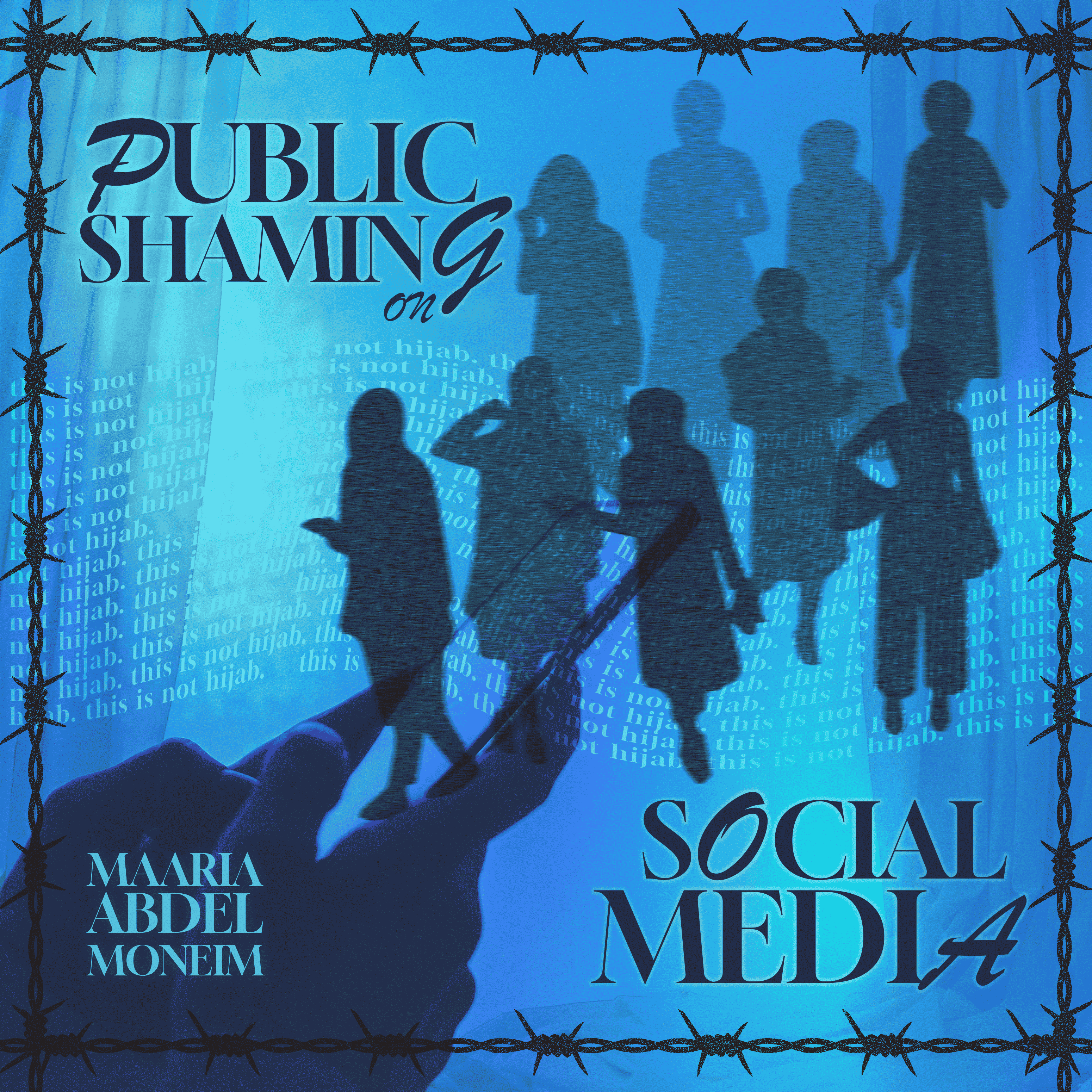“This is not hijab.”
In a TikTok with nearly 10 million views, an anonymous user posted a series of photos of women wearing different hijab styles and outfits, labeling each photo with “This is not hijab” or “This is hijab.” The comment section is filled with either support for calling out the supposed “improper” hijab styles or backlash against the public shaming and judging of how certain women wear their hijabs. The problem with this TikTok is not that the creator is sharing their opinion, but that they are using random women’s photos and publicly putting them on blast. It’s as if the creator has taken it upon themselves to label people as good and bad Muslims solely based on their opinion. It exemplifies a “holier than thou” attitude that casts unnecessary doubts on one’s faith to Islamic values while placing the accuser on a moral pedestal. And perhaps, at some level, the criticisms may very well hold water. But rather than praising Muslim women for taking steps towards spiritual modesty, we choose to tear down our sisters’ efforts and thereby discourage others from making similar choices.
Although far too common for comfort, the hijab is only one of countless lifestyle choices the ummah has chosen to scrutinize to the finest detail. By providing the security of hiding behind a screen, social media has created an environment where judging others is easier than ever. As you scroll through TikTok countless videos show up of people showing their outfits, homes, meals, etc. with thousands of people commenting their opinions. Although others can provide positive, meaningful criticism, a large amount of the time people’s opinions are scornful and disapproving. Members of the Muslim community are by no means immune to this behavior. The particularly critical ones have even been coined the name “haram police.” The line between trying to explain what’s right in religion and outright judging and shaming has become increasingly blurred.
This has created an environment where members of the ummah no longer feel comfortable sharing the fact that they are Muslim online as it opens them up to potential scrutiny. Furthermore, this signals to those who aren’t Muslim that the ummah is a place of public judgment shedding a negative light on the community as a whole.
In this day and age, digital media and online forums reduce people to a mere profile picture, creating a space that is not only complicit to but outright encourages this crass behavior. However, imagine for a moment: you are seated at the mosque, listening attently to the weekly khutbah, where in the corner of your eye someone publicly points out specific people and questions their faith. This type of behavior would never be seen as acceptable. Even those in support of the main message of the TikTok criticized the creator for not blocking out the faces of the women being shown as it is publicly scrutinizing and shaming them. The bottom line: progression, however flawed it may be, should not warrant any mean-spirited criticism.
It can be seen from the Prophet Muhammad’s (SAWS) life and actions that this sort of behavior is not taught in Islam. In a famous hadith from Sahih Muslim, a Bedouin man entered the mosque in which the Prophet (SAWS) and his companions were in and began urinating on the ground. The companions wanted to aggressively stop the man in front of everyone from impurifying the space. However, the Prophet (SAWS) stopped them and allowed the man to finish before calmly pulling him to the side to explain why his actions were wrong. It is also known that the Prophet (SAWS) had knowledge of who the hypocrites were during his time but never revealed it to anyone. At no time did the Prophet feel it was right to publicly call out people he knew weren’t true believers. It is clear through these examples that the Prophet led with an example of not publicly shaming others and emphasizing understanding and forgiveness.
Naturally, people are going to have different opinions especially when it comes to something as important as religion. The problem occurs when people take it upon themselves to publicly judge and criticize other people’s actions. This behavior is unfortunately very prevalent in Muslim spaces on social media. Islam encourages having a private peaceful discussion rather than harshly reacting to something one disagrees with and we as a community should try our best to stick by that tradition.

